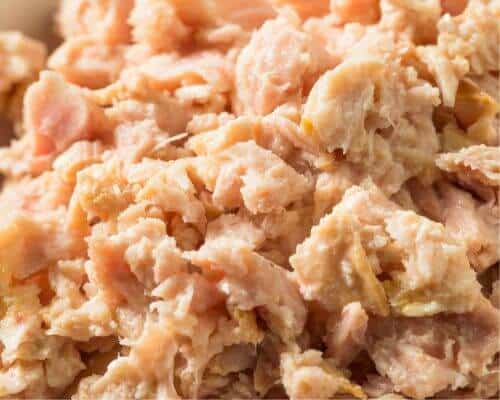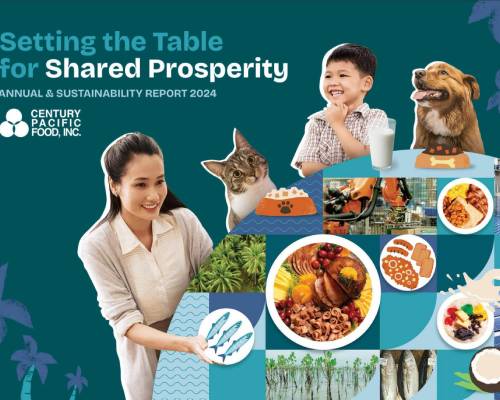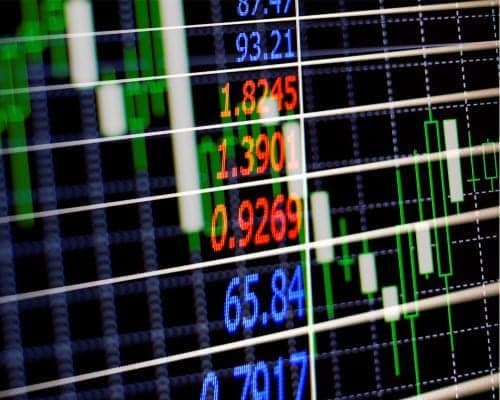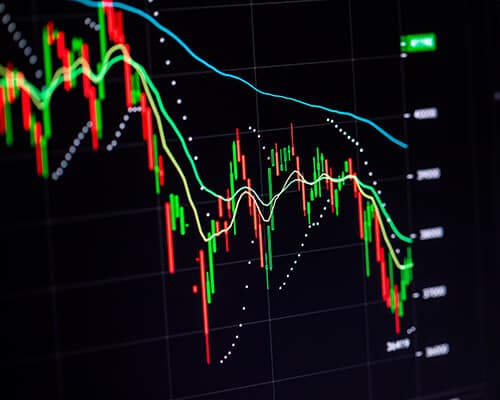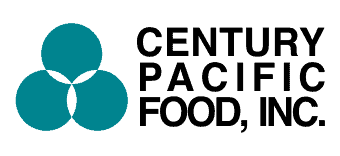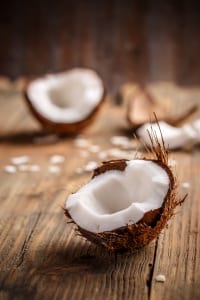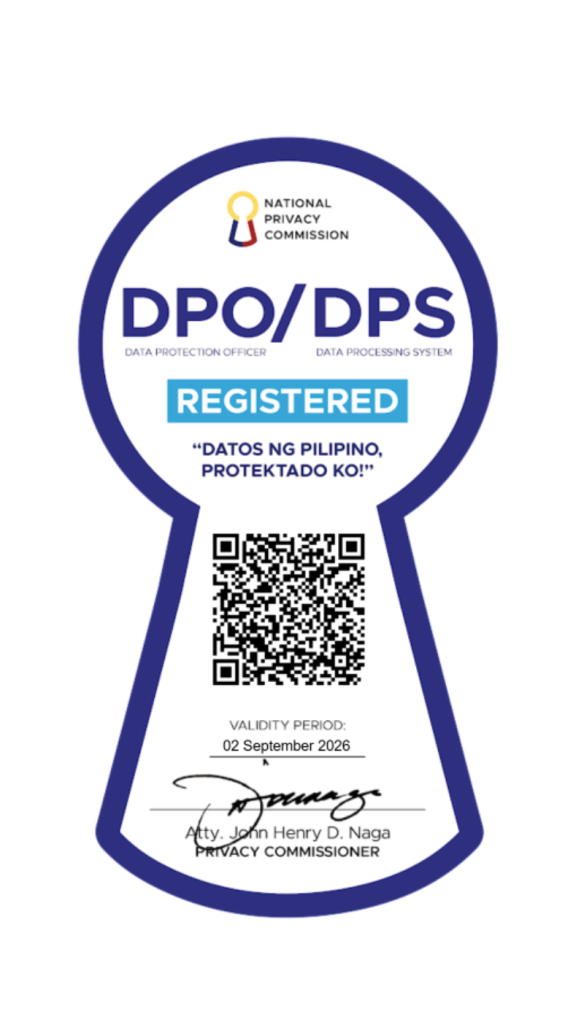PURCHASEs ASSESSMENT
Supplier Credibility and Raw Materials Traceability

We look beyond the sustainability of our own company and further examine the sustainability efforts of our suppliers. Our procurement team takes care of ensuring suppliers are able to consistently provide us with high-quality raw materials, compliant with government regulations and accredited by international organizations.
At the moment, we are able to trace the origins of our major raw materials such as fish, meat, milk powder, and coconut back to the fishing ground or farm each main raw material was sourced from.
In early 2021, we formalized and institutionalized the Supplier Code of Conduct and Ethics covering actions of all raw material suppliers and service providers. It covers the following issues: (a) Human Rights (child labor, forced labor, and human trafficking, non-discrimination, harassment, working hours, wages and benefits), (b) Ethics (business integrity, no gift policy, fair competition, privacy, and intellectual property, conflict of interest ), (c) Health, Safety and Quality, (d) Environment, and (e) Management Systems.
The Supplier Code of Conduct covers the systematic assessment of suppliers’ social performance during the procurement process, among others. All legally binding agreements will require compliance with the set social standards. We will internally audit our business partners accordingly annually thereafter to monitor their compliance with our supply chain standards and to address social supply chain issues, if any. We will also engage with non-conforming suppliers to reach compliance as needed.
To keep abreast with changes in supply chain issues, we will engage with various stakeholders and amend our Supplier Code of Conduct and Ethics when necessary. Such stakeholders include our own employees who are able to elevate supply chain concerns through formal channels.
The role of our Board’s Corporate Governance Committee was likewise expanded to include ESG matters, establishing board-level responsibility for supply chain management. We will also engage with NGOs, labor groups, or industry peers to be conversant with social supply chain issues and amend our Code of Conduct and Ethics when necessary, and will create formal channels that will enable workers throughout our supply chain to elevate concerns.
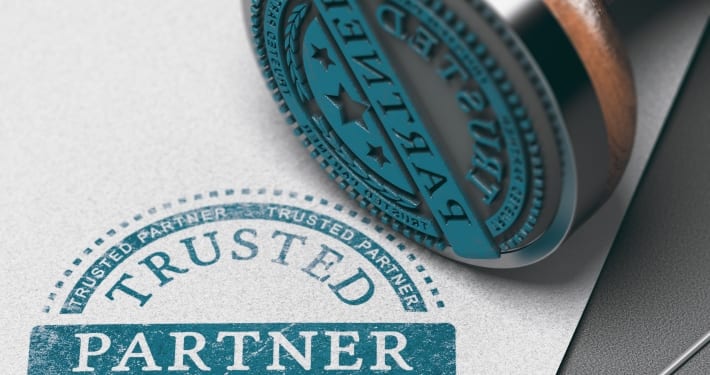
Tuna
Sardines
Meat
Milk
Coconut
Other Ingredients
Tuna
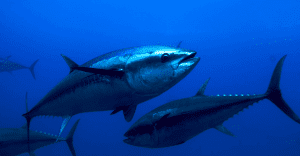
The tuna we procure originates from fishing grounds operating under recognized sustainable fisheries management programs, ensuring responsible harvesting practices and protection of marine resources. Our tuna processing facility is an active member of the International Seafood Sustainability Foundation (ISSF) and has undergone rigorous audits and certifications. These include regulatory and compliance checks by Bureau of Fisheries and Aquatic Resources, sustainability and traceability verification by Earth Island Institute (EII), ethical and social compliance through SEDEX, and internationally recognized food safety and quality standards audits under BRC and IFS, alongside additional assessments by independent private auditing firms.
This ensures that the tuna purchased meets high standards of sustainability, legality, quality, and social responsibility throughout the supply chain.
Sardines
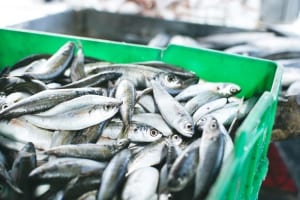
Meat
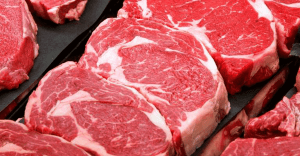
Milk
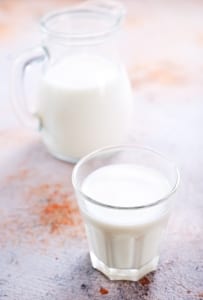
Our raw material sourcing process is aligned with the latest developments and practices in the dairy industry, with heightened focus on quality and safety to include sustainability.
Coconut
We adhere to the following international standards: European Organic Standard (EOS), National Organic Program (NOP), Japan Agricultural Standard (JAS), and Korean Standard (KONKUK).
Our processes are aligned with the Sedex Members Ethical Trade Audit (SMETA) global standards for responsible and ethical sourcing, health, safety, and welfare of workers, as well as environment management. We likewise fulfill the requirements of the U.S. FDA Voluntary Qualified Importer Program in our raw material sourcing, and receive third-party certification from the Ecocert Group.
As we also produce organic products, we conform with stricter standards to ensure we are organic-certified, following international standards regarding farming practices and raw material storage. We provide incentives to our farmers and traders for their efforts in complying with the more stringent organic standards.
Other Ingredients
At present, Century Pacific Food, Inc. does not use fresh eggs in any of our products. Nevertheless, for any future product innovations that may use such ingredients, our goal is to source only cage-free fresh eggs. Furthermore, we are actively transitioning all egg ingredients to cage-free sources and are aiming to complete this shift by 2030 as part of our commitment to responsible sourcing and animal welfare. We will provide annual updates on our progress toward this goal.































